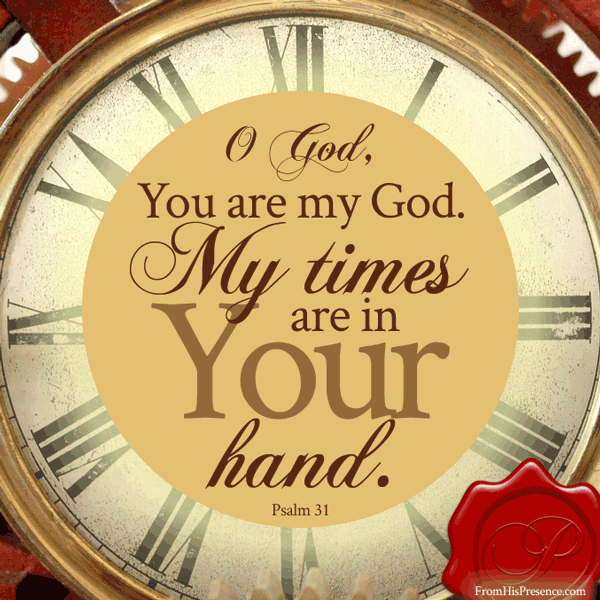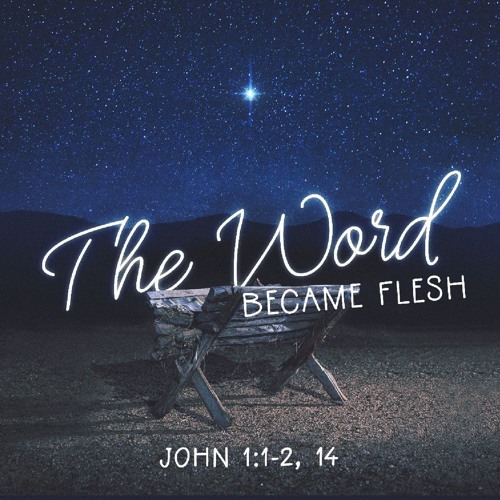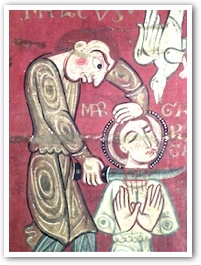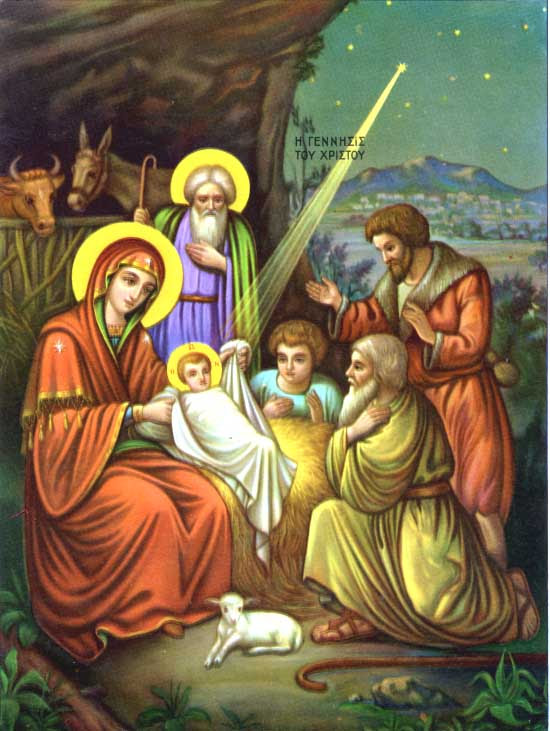A Christian martyr is someone willing to face death rather than deny Jesus Christ
or His Gospel. It began even as Christ was born. The Holy Innocents of Bethlehem, St. John the Forerunner, St. James, St. Stephen, and the whole of the apostles except for St. John. The deaths were agonizing -- beheading, stoning, sawing, crucifixion, burning at stake, the lions in the Coliseum --
these were were some of the horrific ways Christians were punished for the sake of Christ. In the latter part of the second century there was a distinction between martyrs and confessors. Those who were martyrs were those who suffered the
extreme penalty, death, whereas the title of confessors was given to
Christians who had shown their willingness to die for their belief but who
bravely endured imprisonment or torture but not death. The word martyr comes from the Koine Greek μάρτυς, mártys, which means "witness" or "testimony".
Tertullian, from the 2nd century, famously wrote that "the blood of martyrs is the seed of the Church" -- telling us that the martyr's willing sacrifice of his life was what gave credence to the faith and encouraged others to believe so fervently. Far from cautioning the faith and boldness of God's people, persecution ended up sparking the devotion of the saints, facilitating the rapid growth and spread of Christianity. It was not without problems. Though Islam is often seen as the religion of the martyrs, it was and is Christianity that martyrdom is most distinctive. Unlike Islam, by the third century, Christian theologians were arguing that martyrdom should not be sought but neither should it be avoided unless there was no other alternative. Within a few decades,
the orthodox Christian view was that voluntarily seeking execution was not martyrdom but that did not mean that martyrdom stopped. More than 70 million have been martyred for the cause of Christ over the years.
What has changed is Christianity. Martyrdom has become almost mythological. How many modern Christians believe that martyrdom is either a possibility or a choice? We live in an age in which compromise and negotiation is the ordinary path of life. Martyrdom has become the extreme and while we might admire those who die rather than deny, we are not at all sure we would follow them. Consider how easily Christians accepted the judgment of the government and the new rules of the pandemic that in person worship was not essential and the Church itself irrelevant to the faith. Consider how willingly churches closed their doors and switched to screens to replace what has always been an incarnational, face to face, and in person faith. Consider how those who dared to resist these measures were labeled dangerous or extreme? I wonder how many Christians have drunk the koolaid of your best life now to the point where they could never imagine a circumstance in which they would be willing to deny themselves anything for the sake of Christ. We no longer rejoice over the blood of the martyrs whose courage stands as example -- no, we are embarrassed by their extremism and presume that there is always a way to preserve your life even if it comes at the cost of your faith.
Percy Dearmer translated a 10th century Latin text that exemplifies how we once viewed the martyr:
1 Martyr of God, whose strength was steeled
To follow close God’s only Son,
Well didst thou brave thy battlefield,
And well thy heavenly bliss was won!
2 Now join thy prayers with ours, who pray
That God may pardon us and bless;
For prayer keeps evil’s plague away,
And draws from life its weariness.
3 Long, long ago, were loosed the chains
That held thy body once in thrall;
For us how many a bond remains!
O Love of God release us all.
4 All praise to God the Father be,
All praise to thee, eternal Son;
All praise, O Holy Ghost, to thee,
While never-ending ages run. Amen.
His is not the only hymn that does so. Fifteen texts in Lutheran Service Book mention martyrs. Sadly, the most profound, Rise Again, Ye Lion-Hearted, did not make it into that book, not even the four stanzas translated by Martin Franzmann. But the whole hymn did make it into Walther's Hymnal, translated by Matthew Carver and published by CPH. Tip, buy it!
Rise again, ye lion-hearted
Saints of early Christendom.
Whither is your strength departed,
Whither gone your martyrdom?
Lo, love’s light is on them,
Glory’s flame upon them,
And their will to die doth quell
E’en the lord and prince of hell.
These the men by fear unshaken,
Facing danger dauntlessly;
These no witching lust hath taken,
Lust that lures to vanity.
Mid the roar and rattle
Of tumultuous battle
In desire they soar above
All that earth would have them love.
To the truth they own adherence,
On the substance train their sight,
Never trusting in appearance,
Judging all by heav’nly light;
Blest in their conviction,
Even in affliction,
Far from human slavery
And its shackles, they are free.
Great of heart, they know no turning,
Honor, gold, they laugh to scorn,
Quench desires within them burning,
By no earthly passion torn.
Mid the lions’ roaring
Songs of praise outpouring,
Joyously they take their stand
On th’areana’s bloody sand.
Would to God that I might even
As the martyred saints of old,
With the healing hand of heaven,
Steadfast stand in battle bold!
O my God, I pray Thee,
In the combat stay me.
Grant that I may ever be
Loyal, staunch, and true to Thee.
But for Thee I weakly cower,
Void of any asset small,
Let alone great feats of power;
On Thee only hangeth all.
Lord, my hope’s assurance,
Pledge of my endurance,
Grant me as a champion now
Not to break my knightly vow!
Grant me, armored by the Spirit,
In Thy name, O Christ, to fight
With a lion’s strength and merit,
Slumb’ring not, but by Thy might
Bravely battle waging,
‘Against the devil’s raging.
Let no rout o’ertake my soul,
But support me till the goal.
Time will come when goes, arising,
Rage again to take the field,
Christian souls in war surprising,
Spilling blood on sword and shield;
Ponder well this warning:
Days of shrouds and mourning
Here our homes again shall know —
Yea, and many a martyr’s blow.
Now at last must come the leaven,
For the measure must be filled, —
Martyrs more be crowned in heaven,
On the cross of glory killed; —
Eve that morn be ruddier,
Church’s dusk be bloodier,
As the Lamb at even died
Which at morn was crucified!
Courage, brethren! Firm and fearless,
Steady in your calling stand:
Follow we that cloud of peerless
Witnesses in warlike band,
Who, the flesh subduing,
Know no cause for ruling;
Flesh must suffer as it will,
And the soul will flourish still.
Count we not the Cross, betpattered,
Like the wise, a foolish thing!
Let us no from thence be scattered
When we should proclaim our King;
Let it be our station
When the generation
Of the Foe attacks the faith,
Threat’ning us with swords of death.
Slacken not, though thou be slaughtered:
Is it not with martyrs’ blood
That the Church’s beds are watered,
And bedewed her fertile mud?
From these crimson showers
Spring her countless flowers;
Oh, what bounties here she yields
In her fruitful battlefields!
Spirit, as a rain descending!
On our drying hearts be poured,
That for Thee we may unbending
Wilt at neither fire nor sword,
In Thy love surrounded,
Firmly in Thee grounded,
Make Thy Church in faith to be
Rich as in her infancy.









.png?format=750w)






